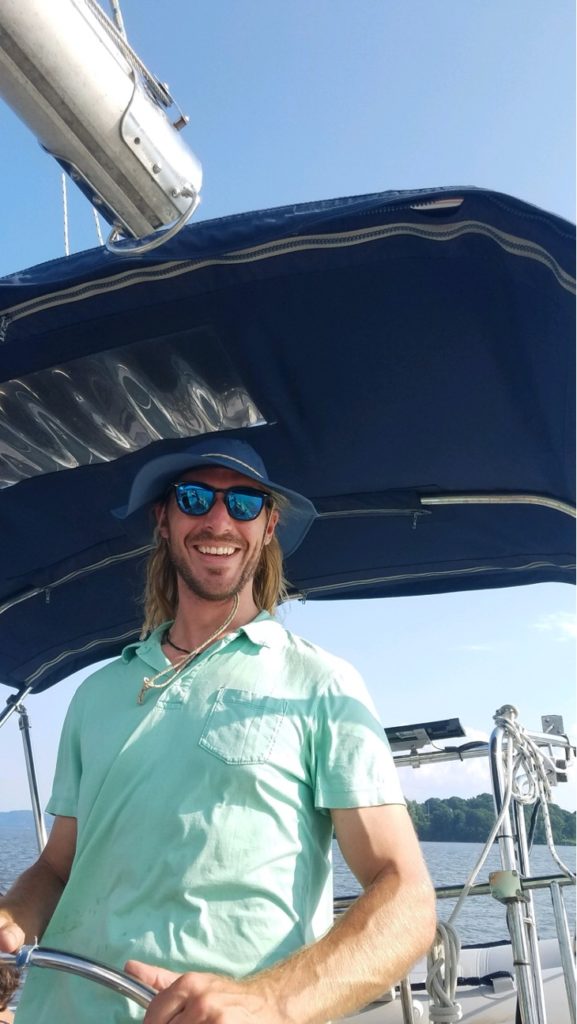
By Sam Blohowiak
Despite everything, the summer of 2020 happened. I received GSAS summer research funds to work with CRS to evaluate a community and environmental development project in Madagascar and a language immersion award (LISA) to study French in France. Then there was a global pandemic. Luckily, because Fordham IPED and GSAS are flexible and generous, I was still able to enjoy a meaningful and productive summer. I studied French and Spanish online, assisted two of my IPED professors with their summer research in development policy, and applied for jobs.

With the language funding I enrolled in remote classes with Alliance Française for French and with a tutor in Nicaragua for Spanish. As the summer went on, I found the one-on-one Spanish classes more productive and affordable, so I transitioned my foreign language study completely to Spanish. However, I still intend to go to France and pursue the French language study I committed to, perhaps next year, or whenever travel to Europe becomes possible. As an international development practitioner, both languages are valuable skills and are official languages used at the UN and CRS.
With the summer funding, I was also able to work with IPED professors Subha Mani and Andrew Simons on their professional research work. With professor Mani, I assisted with a paper, Are responses to the pandemic inclusive? A rapid virtual audit of COVID-19 press briefings in LMICs, that will be published in December in the World Development Journal. Together, we also organized a weekly STATA workshop so that IPED and Economics students could keep progressing the data science skills we began developing during the semester. With professor Simons, I worked on a research project in collaboration with the Government of Ghana and the International Food Research Policy Institute in Washington DC. The research seeks to understand why smallholder farmers in Ghana are not adapting improved seeds and fertilizers despite substantial government price subsidies and their potential to increase household incomes and eliminate food insecurity. Specifically, we are looking at farmer perceptions of fertilizer quality in their area and actual fertilizer quality throughout the country and at all levels of the supply chain. The research will result in multiple published papers over the next year and immediately affect public policy decisions in Ghana.


As a part of the IPED family you have access to so many opportunities it can be easy to miss them. Connections with professors and alumni should not be overlooked. They can open pathways previously unknown to you. In my case, I was able to participate in interesting, real world research that advanced my econometric and technical writing skills and gave me valuable experiences to mention in an interview. Classroom preparation helped give me a leg up with professors, and friendly calls to IPED alumni helped connect me to my current position with CRS in Micronesia. The summer of graduate school is not a break from school, it is a valuable time to discover what comes next and use the program as leverage to get your foot in the door. Make the most of it.
